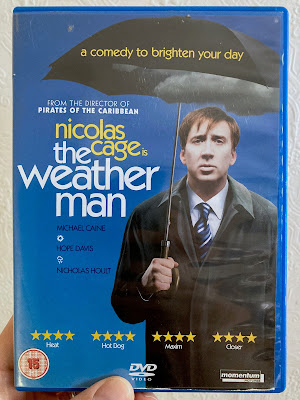During the training process there are age-related jokes aplenty (Eastwood seems obsessed by the topic) before the four guys actually go into space and things get (relatively) serious.
A few flaws. The Russian plot is never really explained. Also, the despatching of the bombs is oddly never shown. Were those graphics outside of the budget? Or did something get mangled in the edit?
James Garner seems underused.
Marcia Gay Harden is good as the scientist Sara Holland, who becomes Tommy Lee’s unlikely love interest.
Hardly a classic, but it’s a good-natured romp with some enjoyable comic moments.

















































